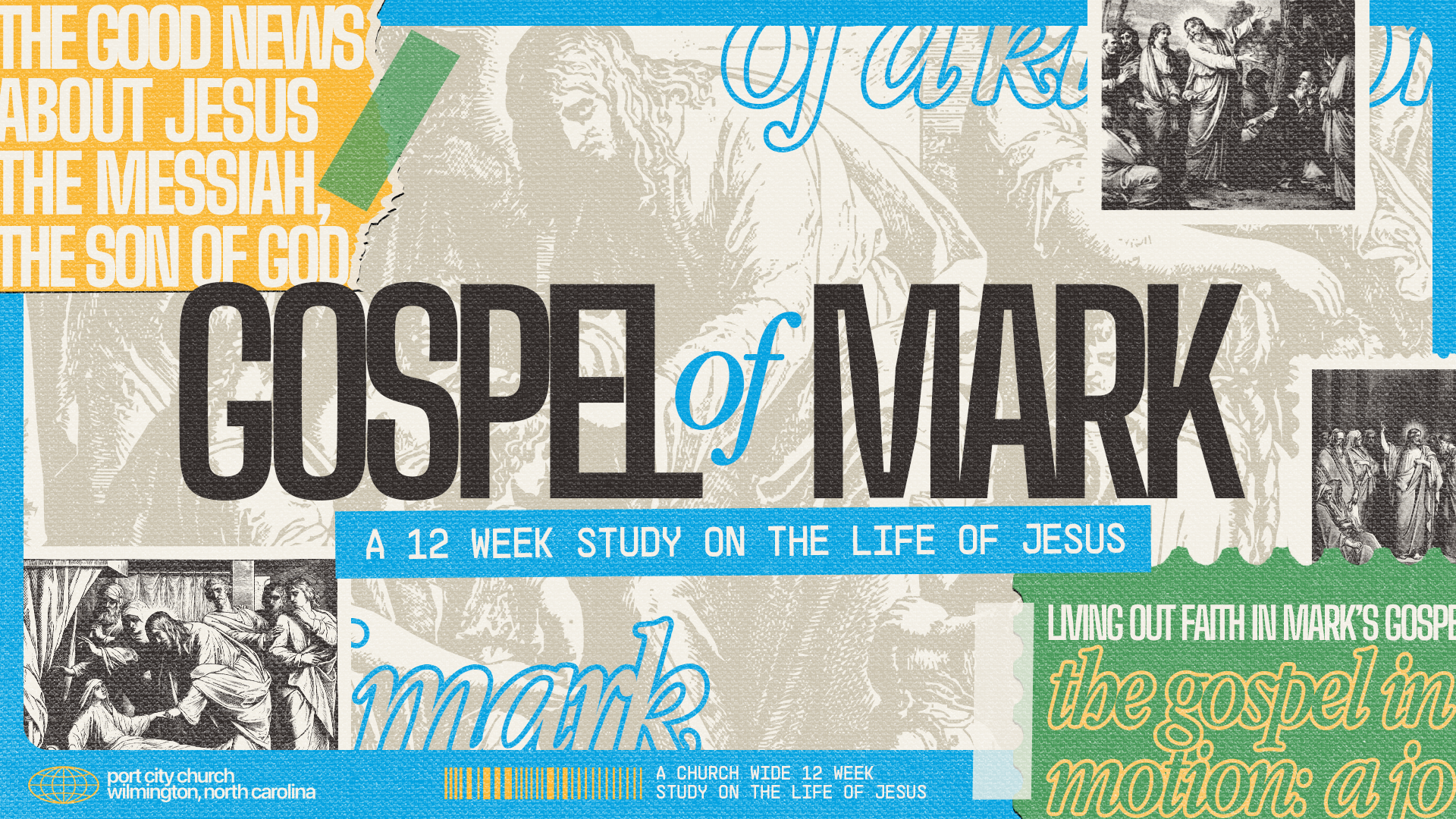Help My Unbelief
READ
Have you ever felt completely powerless? In a gripping scene from Mark's Gospel, we meet a desperate father whose situation might feel surprisingly familiar. His son has been suffering from devastating seizures, and despite the disciples' best efforts, they couldn't help. The father's cry, "I believe; help my unbelief!" resonates across centuries because it captures how most of us actually experience faith – not as unwavering certainty, but as a mixture of trust and doubt.
Let’s take a moment to read Mark 9:14-29:
When they came to the other disciples, they saw a large crowd around them and the teachers of the law arguing with them. As soon as all the people saw Jesus, they were overwhelmed with wonder and ran to greet him.
“What are you arguing with them about?” he asked.
A man in the crowd answered, “Teacher, I brought you my son, who is possessed by a spirit that has robbed him of speech. Whenever it seizes him, it throws him to the ground. He foams at the mouth, gnashes his teeth and becomes rigid. I asked your disciples to drive out the spirit, but they could not.”
“You unbelieving generation,” Jesus replied, “how long shall I stay with you? How long shall I put up with you? Bring the boy to me.”
So they brought him. When the spirit saw Jesus, it immediately threw the boy into a convulsion. He fell to the ground and rolled around, foaming at the mouth.
Jesus asked the boy’s father, “How long has he been like this?”
“From childhood,” he answered. “It has often thrown him into fire or water to kill him. But if you can do anything, take pity on us and help us.”
“‘If you can’?” said Jesus. “Everything is possible for one who believes.”
Immediately the boy’s father exclaimed, “I do believe; help me overcome my unbelief!”
When Jesus saw that a crowd was running to the scene, he rebuked the impure spirit. “You deaf and mute spirit,” he said, “I command you, come out of him and never enter him again.”
The spirit shrieked, convulsed him violently and came out. The boy looked so much like a corpse that many said, “He’s dead.” But Jesus took him by the hand and lifted him to his feet, and he stood up.
After Jesus had gone indoors, his disciples asked him privately, “Why couldn’t we drive it out?”
He replied, “This kind can come out only by prayer.”
REFLECT
Jesus' response to such messy, imperfect faith proves remarkable. He doesn't scold the father for his doubts or demand perfect confidence. Instead, he meets him exactly where he is. The disciples, meanwhile, had just come down from the mountain of Transfiguration, perhaps still basking in that spectacular event, only to face failure in this everyday challenge. Jesus' response – "This kind cannot be driven out by anything but prayer" – suggests that they may have begun relying on their own abilities rather than maintaining their dependence on God.
Such raw honesty speaks powerfully to our modern world. Like the father, we often find ourselves caught between belief and unbelief, especially when facing situations that seem impossible. Like the disciples, we might sometimes rely on our own competence or past experiences rather than maintaining a posture of prayerful dependence. Mark invites us to be honest about our struggles with faith while encouraging us to bring both our belief and our doubts to Jesus.
The detail about the boy being afflicted since childhood raises questions many of us grapple with: Why does God allow suffering to persist? Why aren't all prayers answered immediately? Yet Jesus' timing, while mysterious, proves purposeful. The public nature of the healing served to demonstrate His authority and power to the gathered crowd, showing how personal struggles can become testimonies that strengthen others' faith.
The father's emotional journey proves particularly instructive. He moves from desperate hope to disappointment (when the disciples couldn't help), to honest confession of his mixed faith, to witnessing God's power firsthand. His progression mirrors many of our own spiritual journeys, where God works through and despite our imperfect faith. The disciples' question – "Why could we not cast it out?" – is one we might ask in our own moments of failure. Jesus' answer points not to more effort or better techniques but to deeper reliance on God through prayer.
We're encouraged to be honest about our mixture of faith and doubt, to bring impossible situations to Jesus, to maintain prayerful dependence rather than self-reliance, and to remember that past spiritual experiences don't eliminate our need for ongoing connection with God. Mark's account assures us that Jesus responds to imperfect faith, that he has power over situations that seem hopeless, and that authentic prayer – not human ability – is the channel through which God's power flows. In a world that often demands certainty and self-sufficiency, we're invited into a more honest and dependent relationship with God.
RESPOND
Take a moment to process what God might be leading you to do in light of what you read.
When have you experienced a situation where, like the father, you found yourself believing but also struggling with unbelief? How did that experience shape your understanding of faith?
REST
Take a moment to rest in God’s presence and consider one thing you can take away from your time reading, then close your devotional experience by praying:
Loving Father, like the desperate dad in this story, I bring You my mixed-up faith – my trust tangled with doubts. Thank you for meeting me exactly where I am, not where I think I should be. Help me to depend more deeply on You through prayer, releasing my grip on self-reliance and embracing Your power working through my weakness. Amen.

